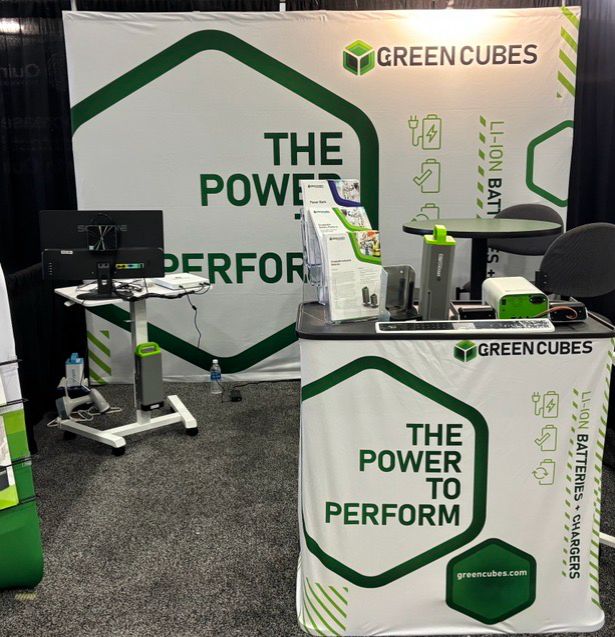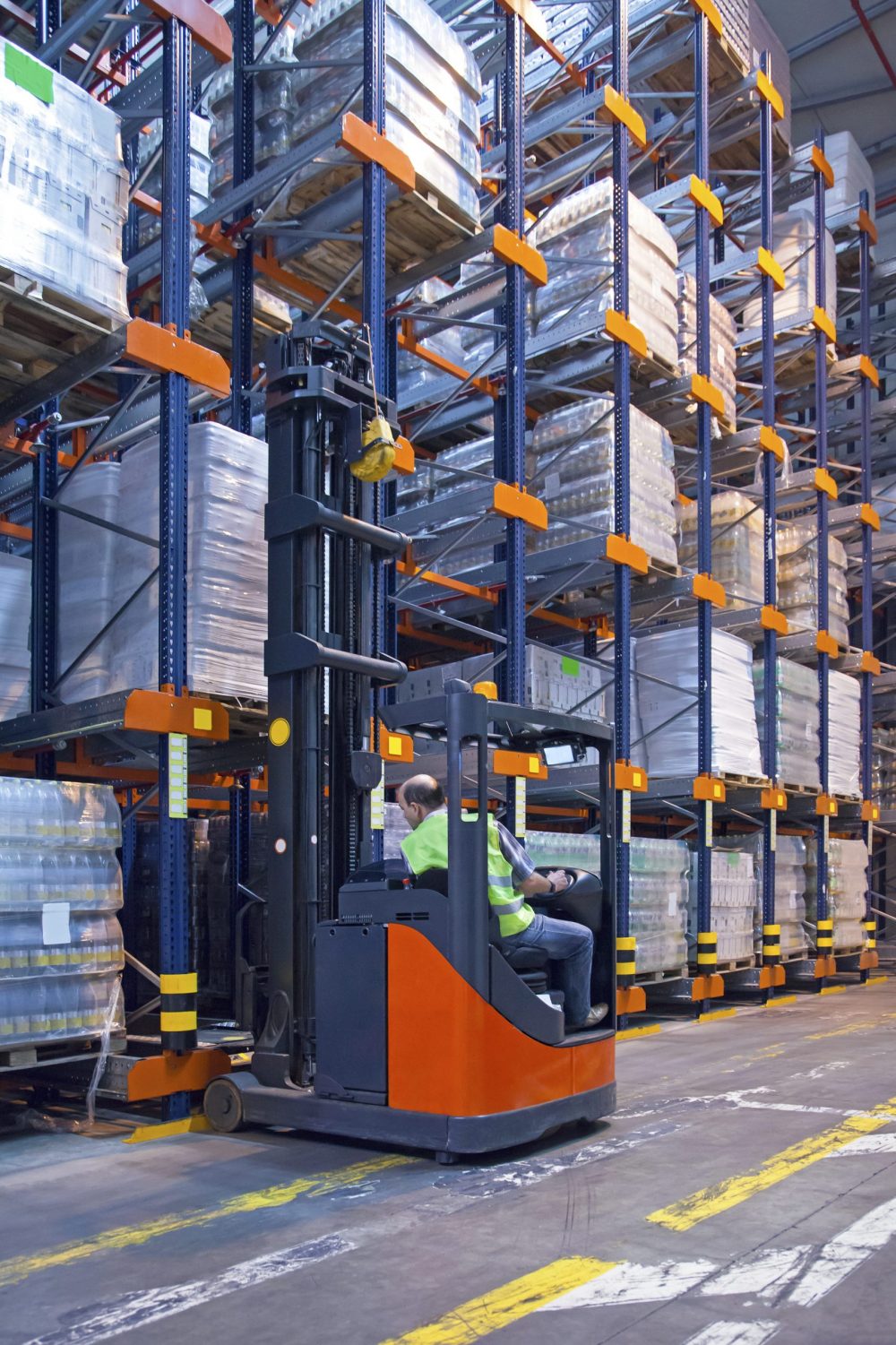Batteries are becoming important in today’s environment, powering everything from renewable energy systems to electric cars and gadgets. There is a rising need for economical, ecologically friendly batteries, and have improved performance, longevity, and charging speed. However, there’s still a gap between what consumers and industries want and what battery manufacturers can currently provide.
This blog will look at what customers expect from industrial battery manufacturers USA and how the industry can meet those expectations.
Customer Expectations in Battery Manufacturing
Performance and Efficiency
- Longer battery life: Customers want batteries that last all day for electric vehicles and home backup. They prefer batteries that handle more charge cycles and need fewer replacements.
- Faster charging: As more people start using electric vehicles, there’s a strong desire for faster charging times. Nowadays, being able to charge a car or a mobile device in less than an hour isn’t just a nice feature—it’s something that many customers expect.
- Consistent performance – Batteries need to work well in many different uses, from everyday gadgets to heavy machinery. Customers want batteries that deliver consistent and reliable power without sudden drops in performance or capacity.
Sustainability
- Eco-friendly materials: Customers want lithium battery companies to focus on using recycled materials and reduce the negative effects of battery production. There is a growing demand for solutions that use renewable or recyclable raw materials.
- Reduced carbon footprint: From sourcing materials to manufacturing processes, industrial battery manufacturers USA are working to reduce carbon footprint. Many customers favor brands committed to sustainable production methods and minimizing environmental damage.
Cost-Effectiveness
- Affordable solutions: Customers want environmentally friendly products but they don’t want to pay more. As demand for industrial lithium ion batteries increases, manufacturers need to find ways to offer better features without raising prices.
- Long-term value: Battery performance and lifespan are important factors that affect how much a battery costs over time. People want last longer batteries and don’t need to be replaced frequently. Manufacturers of industrial batteries need to find a good balance between low upfront costs and long-term value.
Safety and Reliability
Batteries, especially lithium-ion ones used in industries, must be safe to avoid issues like overheating and fires, so customers can trust them.
- Safety standards: Customers want to be sure that the batteries they buy have passed strict safety tests. This includes protection against extreme temperatures, short circuits, and other possible dangers.
- Risk minimization: Customers expect batteries to be carefully tested to prevent safety issues, including overheating or leaks. Industrial battery manufacturers USA need to focus on adding advanced safety features in battery design and production.
Current Challenges in Meeting Expectations
Customers have clear expectations, but several challenges make it difficult to meet those demands.
Limited Advancements in Energy Density and Charging Technology
There has been great progress in developing industrial lithium ion batteries, yet getting higher energy density and faster charging is still challenging. Charging times have improved but customers still can’t enjoy electric vehicle batteries charging in minutes.
Supply Chain
Supply chain issues continue to impact the availability and cost of battery materials. The demand for lithium, cobalt, and nickel- essential materials for batteries has grown faster than the supply. This has increased prices and made it difficult for industrial battery manufacturers USA to provide affordable, quality products.
High Production Costs
Manufacturers face high production expenses while trying to meet client needs. Developing advanced battery technologies can be challenging and expensive. This makes it tough for manufacturers to offer the prices that customers demand.
Environmental Concerns
Demand for sustainable practices is growing, but there are still worries about getting raw materials and disposing of used batteries. Mining materials like lithium and cobalt can harm the environment. Plus, recycling batteries is a tricky and energy-intensive process.
Bridging the Gap: Strategies for Battery Manufacturers
To keep up with changing customer needs, industrial battery manufacturers USA need to adopt strategies that tackle technology and environmental challenges.
Innovation in Technology
- Research and Development: To keep up with the competition, manufacturers need to put money into research and development to create better technologies. For example, solid-state batteries could provide more energy and charge faster than regular lithium ion batteries. Lithium battery companies should consider using new materials and innovative battery designs to increase performance.
- Alternative Chemistries: By looking into different types of batteries, like sodium-ion or lithium-sulfur, manufacturers can offer more choices that fit what customers want.
Sustainable Practices
- Recycling and Ethical Sourcing: Industrial battery manufacturers USA should use recycled materials and source them ethically to support the environment and build customer trust.
- Eco-Friendly Production: Battery manufacturers can meet customer demands for more sustainable solutions by using greener manufacturing processes. For example, they can cut down emissions when producing industrial lithium ion batteries.
Customer-Centric Design
Feedback-Driven Development: Manufacturers should listen to what customers are saying to create products that fit the unique demands of various industries. By providing customizable options, like batteries designed for electric vehicles or energy storage systems, they can better meet the different preferences of their customers.
Flexibility in Offering: Manufacturers should offer various battery sizes, capacities, and designs to meet each customer’s unique preferences.
Collaboration and Partnerships
- Tech Partnerships: Collaborating with tech companies and research institutions can create new advancements in battery technology. By sharing resources and knowledge, manufacturers can address challenges like energy density, charging speed, and safety.
- Government Collaboration: Partnering with governments to get support for sustainable manufacturing practices or to promote research funding can improve the growth of innovative battery technologies.
Real-World Examples of Bridging the Gap
Many companies have made important progress in closing the gap between what customers expect and what the industry can deliver.
Tesla leads in electric vehicle batteries by creating long-lasting, fast-charging options. The company invests a lot in battery research and works with partners like Panasonic to improve performance. Tesla also focuses on sustainability with its Gigafactories and plans to recycle old batteries.
In the global battery market, CATL from China is a major player, successfully meeting the rising demand for batteries through innovative research and large-scale production. They collaborate closely with car manufacturers and are focusing on developing solid-state batteries to maintain their competitive edge. This teamwork highlights how manufacturers can effectively respond to customer needs.
The Way Forward
As battery technology keeps improving, lithium battery companies need to focus on what customers want. Battery manufacturers that work on making their products better, cheaper, and more environmentally friendly will have an advantage over their competitors.
Meeting customer expectations involves making batteries that last longer, charge faster, and are safer, all while being good for the environment and affordable. As the battery market expands, companies that focus on these qualities will be at the forefront of creating a more sustainable and efficient future.
Conclusion
The battery manufacturing industry has several challenges but by focusing on what customers want, companies can make real improvements. By investing in new technology, adopting eco-friendly practices, and paying attention to customer feedback, manufacturers can close the gap between customer needs and what industry currently offers.
The future of battery manufacture is positive but it will be based on how well the industry responds to consumers’ increasing needs. Industrial battery manufacturers USA may succeed in this rapidly changing market by focusing on innovations in industrial lithium batteries and customer-centric designs.






